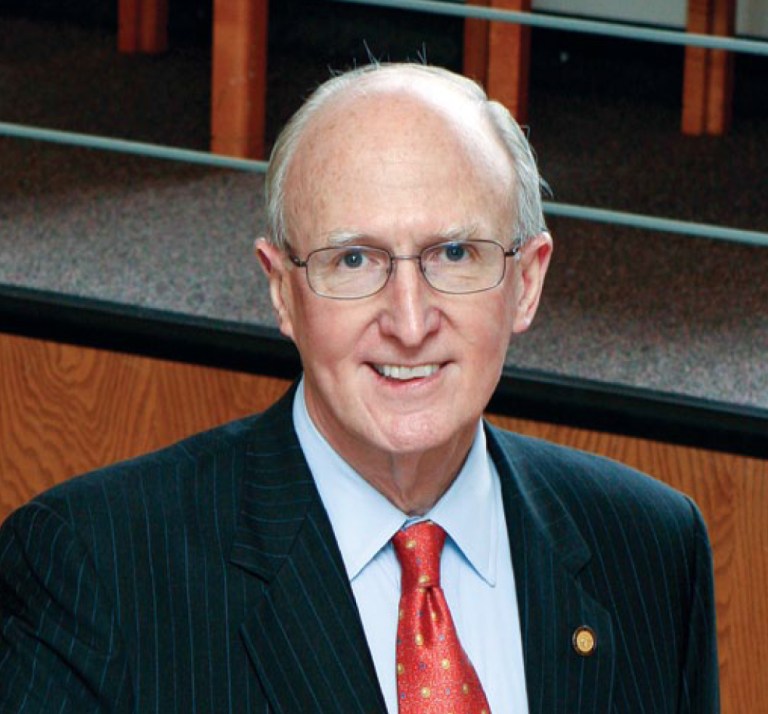
By Robert A. Scott, Ph.D
The teaching of American history is essential to the preparation of citizens in a democracy. For decades, this teaching has focused on the noble acts and remarkable accomplishments of the millions who comprise the American republic, usually without adequately acknowledging the darker side of our nation’s past.
Yet now when we are giving proper due to the history of racial and ethnic discrimination, and social injustice, we hear complaints from parents and politicians. They protest that the teaching of racism and slavery in American history will make students feel “uncomfortable”. Yet this history is ours to know and to learn from as we pursue our founders’ ideals.
At the same time, there are those who claim that policies regarding equal opportunity, immigration, bilingual education, and anti-racism are really part of what is called “White replacement theory.”
This is the supposed theory that there are those who want to replace what are viewed as the dominant American characteristics – white, prayerful, Christian, male-dominated – with a population that is more Black, brown, and multi-cultural. Those who are fearful become xenophobic and worry about who will have the right to vote.
These views counter the founding narrative. The Declaration of Independence states, “We hold these Truths to be self-evident, that all Men are created equal, that they are endowed by their Creator with certain unalienable Rights, that among these are Life, Liberty, and the Pursuit of Happiness…”
Furthermore, the Bill of Rights begins, “Congress shall make no law respecting an establishment of religion or prohibiting the free exercise thereof; or abridging the freedom of speech, or of the press; or the right of the people peaceably to assemble, and to petition the Government for a redress of grievances.”
These are the founding ideals of our nation; they are ideals that craft a direction, not a snapshot of 18th century realty. These are the ideals that underpin our sense of social justice; they create the environment for recognizing that diversity strengthens a community, and that divisiveness weakens it.
The irony of the current controversy about replacement theory is that an honest rendering of American history would reveal that it is not new. Who were the first settlers, including here on Long Island? They were not White and Christian. They were the Native Americans.
When the Dutch and British colonized Long Island in the 17th and 18th centuries, they forced out, often brutally, the Native peoples already here. There were 13 Native tribes that called Long Island home but were forced to leave or become enslaved. The settlers also brought deadly diseases that killed many of the Algonquin, for example. These Native peoples were replaced mostly by white, Protestant, Christian, colonists.
Thus, the history of America as well as the history of Long Island is one of White replacement of those already here. That is the tragic irony of statements that Christopher Columbus and his crews “discovered” America. No, he did not. It was already here and populated by people who had created communities, governing systems, economies, and culture.
White replacement theory is a demagogic attempt to scare people who do not know their own history and ancestry. Studies by ancestry.com indicate that 50% of Americans with an ancestor who lived in the Americas before 1800 have Native blood.
Unfortunately, too many people, even those in responsible roles, lack knowledge of history or the tools of historical analysis. History is an essential subject, especially if we are to understand the different ways people “know” the truth and how they challenge assumptions and validate assertions. In the study of history, we learn about the world we meet (nature or science); the world we make (culture); and the systems by which we mediate between them (law, morality, ethics, and religion).
We learn about the past and present, science and technology, war and peace. We learn how we know what we think we know by learning to distinguish between and among empirical evidence, epiphanies or faith, and emotions based in fear or superstition. The study of history helps us think in terms of time, to understand how society has changed and continues to change.
Memes like “White replacement theory” must be questioned so that we do not make the mistakes of the past. We need more history and less histrionics. We should study our history so that we can continue our quest to create a more perfect union.
Robert A. Scott, Ph.D. President emeritus of Adelphi University






